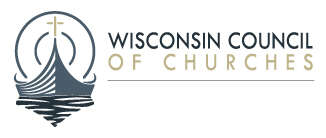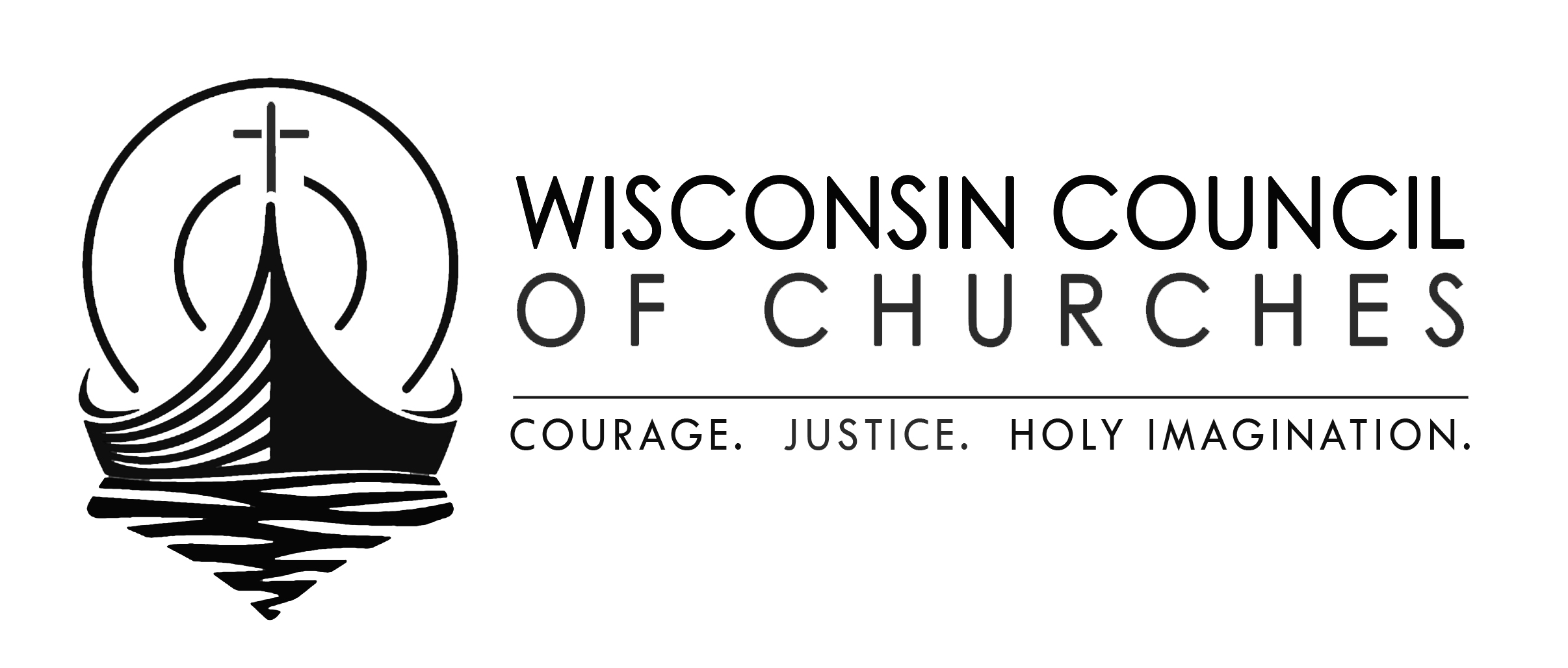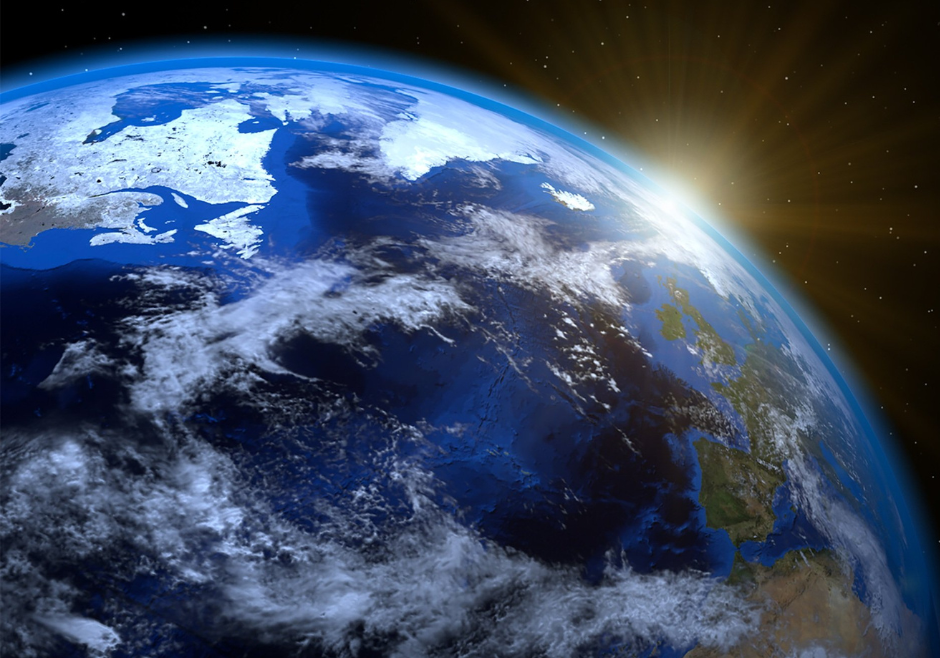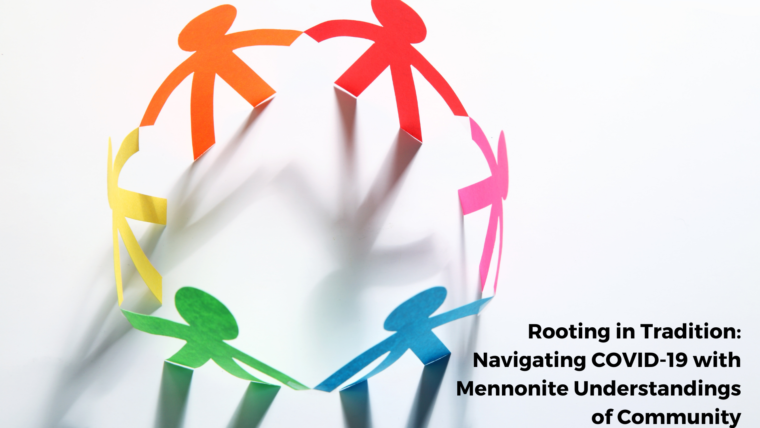Earth Month is Over, But Action Continues
Dr. Peter Bakken, Justice & Witness Coordinator
“Is there anyone among you who, if your child asks for bread, will give a stone? Or if the child asks for a fish, will give a snake? If you, then, who are evil, know how to give good gifts to your children, how much more will your Father in heaven give good things to those who ask him!” -Matthew 7:9-11 (NRSV)
Earth month is just past, a yearly opportunity to focus on learning about and celebrating the gifts we receive from the land, water, air, sun and creatures that surround us – what God created and saw to be “very good.” (Gen. 1:31) But it’s also been a time for sober reflection about how we – that is, primarily, the dominant wealthy white industrial and colonizing powers – have abused those gifts with imperialistic arrogance, exploiting and degrading both earth and people.
The above quotation from Matthew comes to my mind in this context. Maybe Jesus gave us too much credit, because giving our children stones instead of bread and snakes instead of fish is exactly what we are doing. Every new generation expects to receive from the older generation a world they can enjoy and in which they can flourish. But instead, the legacy of our next generation is one of climate disruption, extreme weather events, mass extinctions, unravelling ecosystems, and forced migration from uninhabitable homes.
The Supreme Court of Pakistan recently stated, “The tragedy is that tomorrow’s generations aren’t here to challenge this pillaging of their inheritance. The great silent majority of future generations is rendered powerless and needs a voice.” However, young people– who are a present generation, but one that will live further into this future than those of us who are older – do have a voice, and are using it to protest our betrayal of the implicit covenant between the generations. (As in the lawsuit filed by youth against the U.S. government.) We need to listen, amplify that voice, and respond.
Because we can respond. Even though the future isn’t what it might have been, it is still worth fighting for. God’s gifts to our bodies and our spirits will continue to come to us and to the whole community of life, and we can still receive them with gratitude and celebration. There is so much that we can still cherish, care for, and protect.
The point of reflecting on past and present sins against the community of creation is not to load us down with guilt and despair. The point is to recognize the paths that got us here and where they are likely to lead, so that we can chart a new course to a more healthy and vibrant future where all people and all other creatures canthrive for generations.
To find paths forward we need to draw on multiple sources, not only the latest science but also the wisdom of many cultures, such as the “seven generation” principle from Native American traditions: that in all our deliberations as a community, we need to take account of how our decisions will affect the seven generations that will follow us.
Science and traditional knowledge are brought together in the Lake Winnebago InterTribal Connectivity Project, a collaboration of the Brothertown Indian Nation and other Native nations with the Wisconsin Department of Natural Resources, the U.S. Fish and Wildlife Service and UW-Madison students, funded by Wisconsin Sea Grant. The project is looking at the history of wild rice in the lake, its relationship to the rest of the lake and wetland ecosystem, and possibilities for its restoration. Wild rice is of special cultural significance to the tribes, and the lake and wetlands are important to both the Native and non-native inhabitants of the area.
Care for the earth and justice for communities that have been marginalized in the name of “progress” can’t be separated. Brothertown Indian Nation, which is playing such a pivotal role in this project to care for Lake Winnebago, is seeking justice in the form of having their status as a federally recognized tribe restored. We’ll have more about this in an upcoming ENews, but you can learn more and help support that effort here.
Earth month is over, but Earth’s future continues to demand our attention and action.




